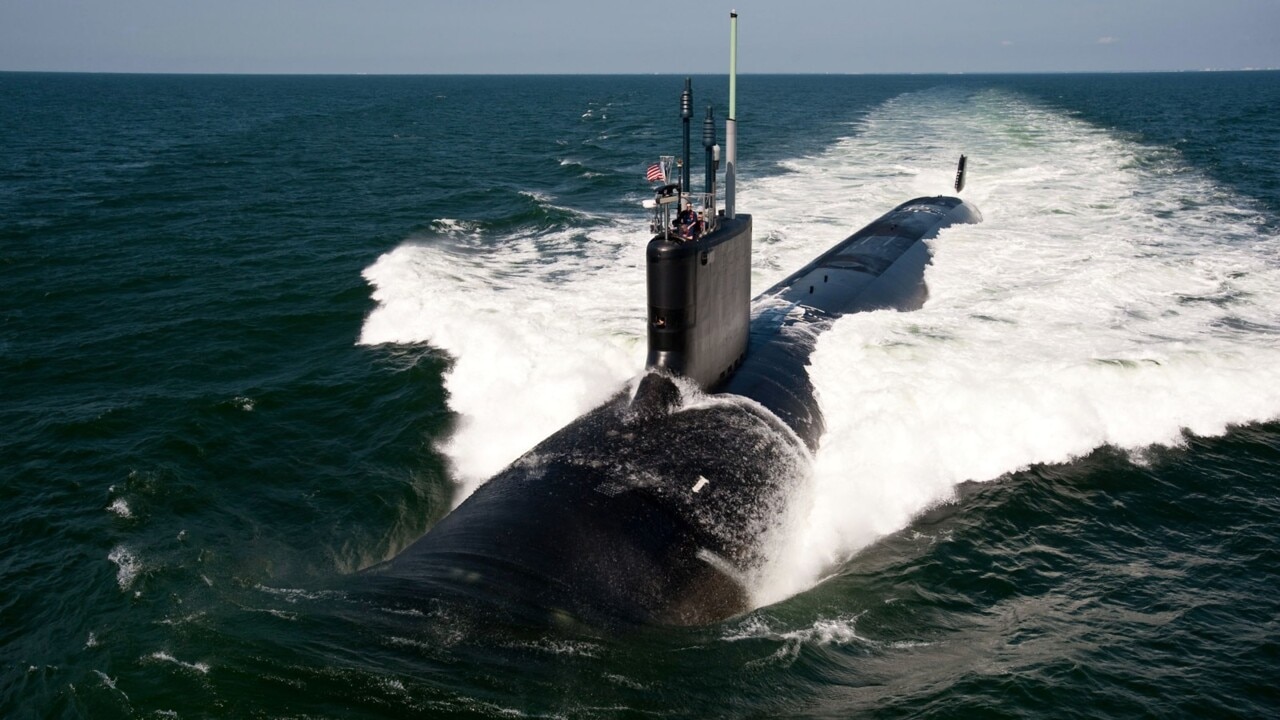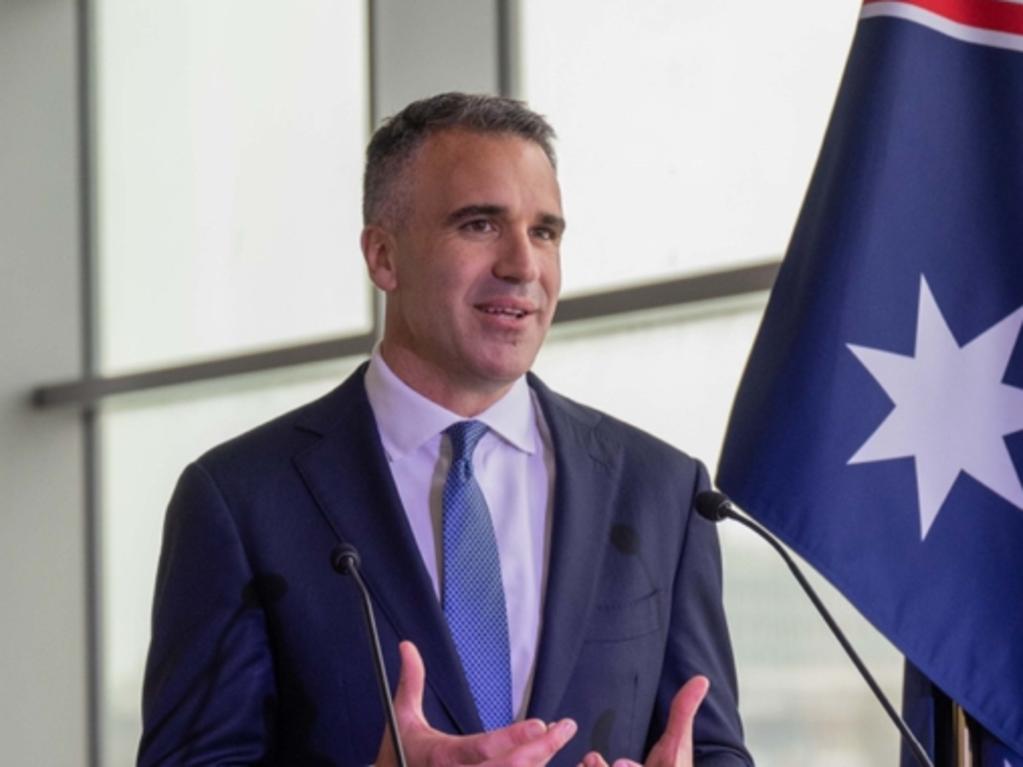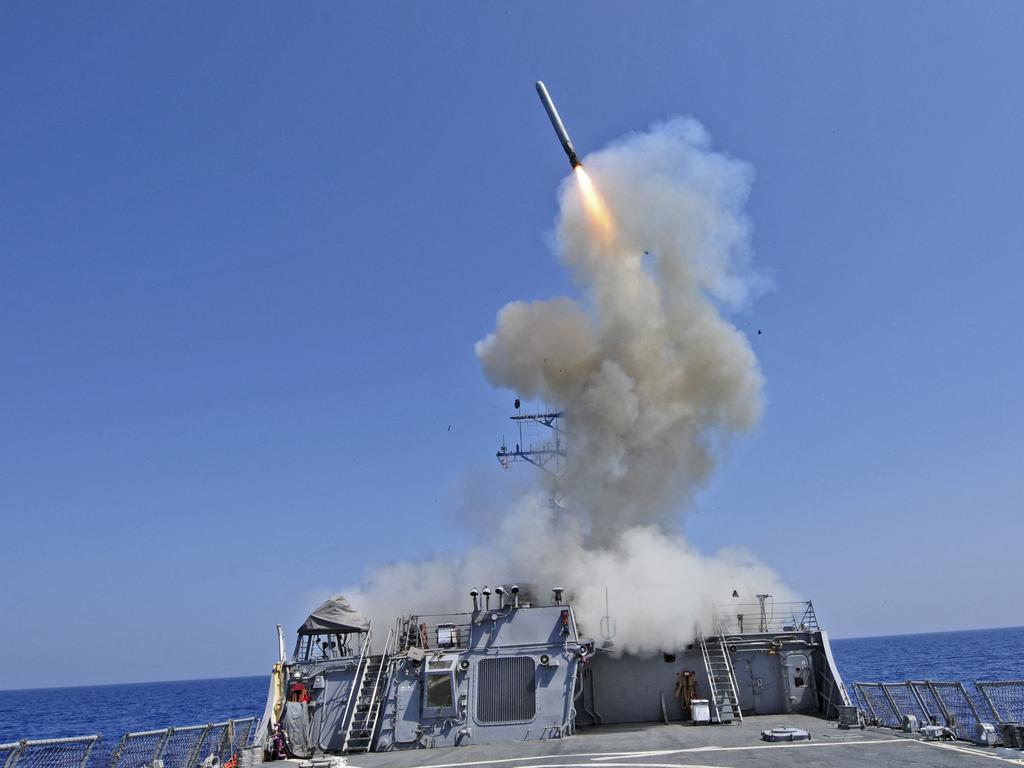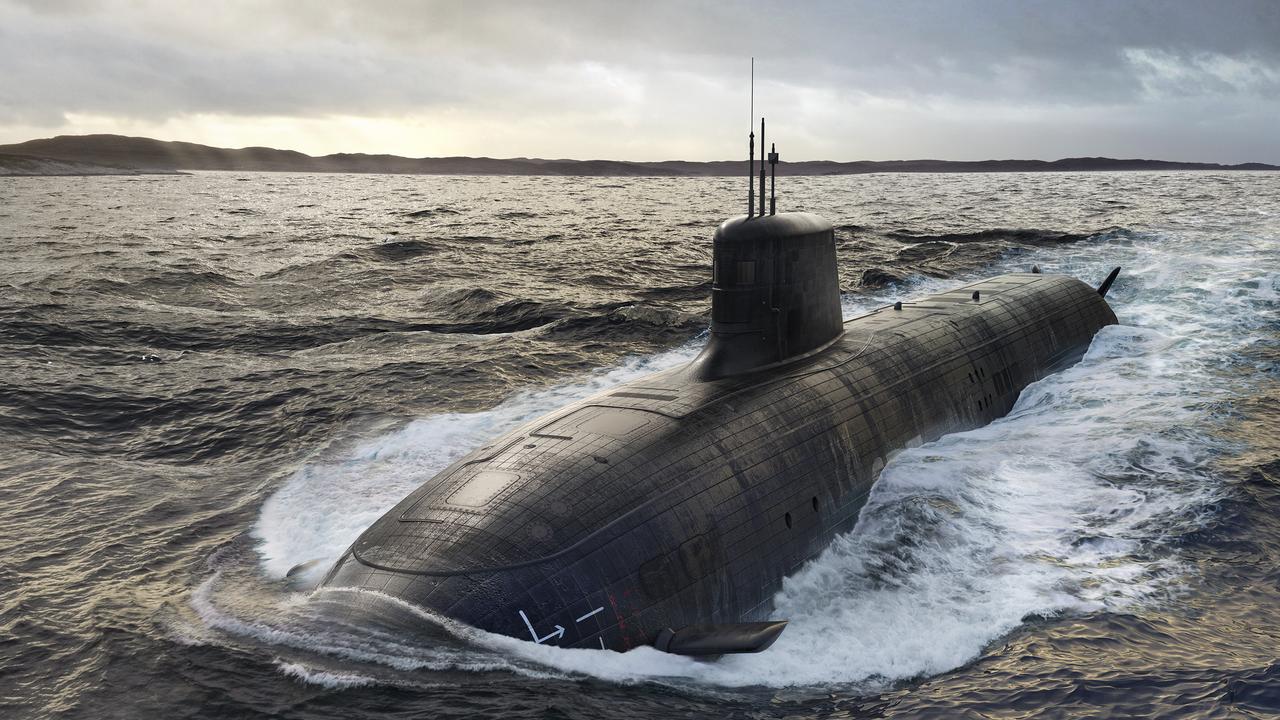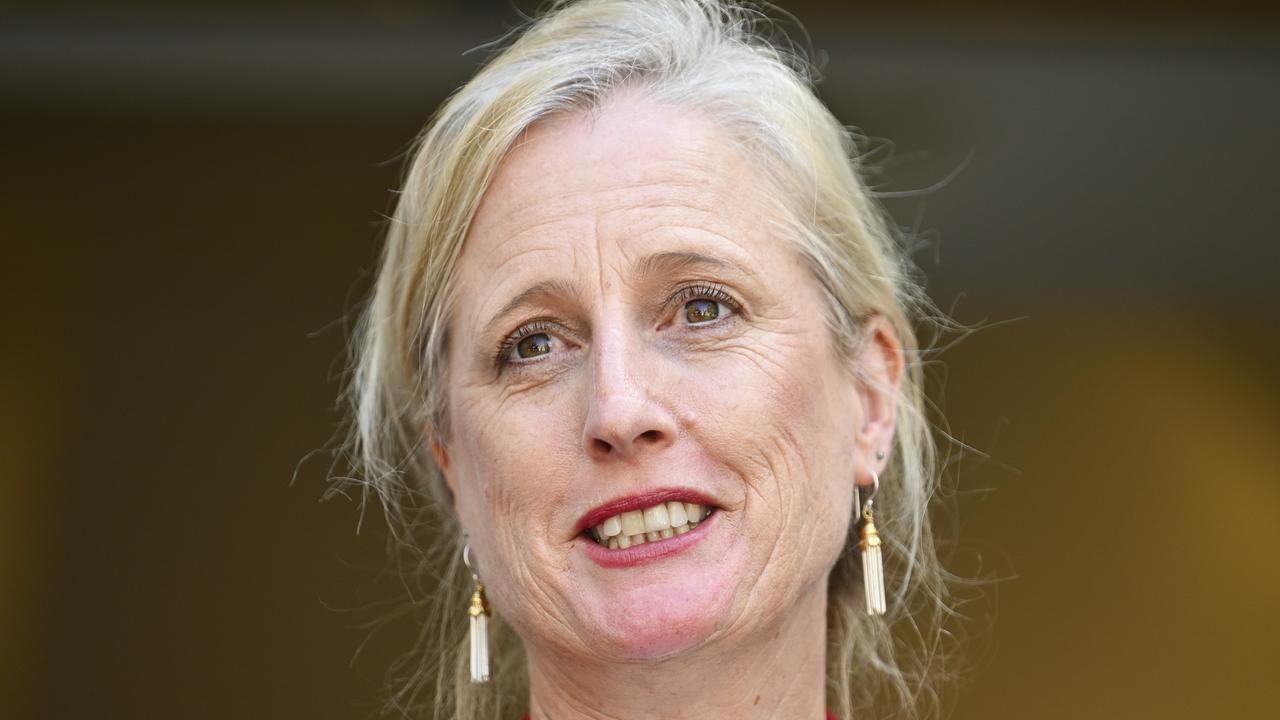Crew recruiting ‘key challenge’ for AUKUS nuclear submarines: Joel Fitzgibbon
Former defence minister Joel Fitzgibbon has warned of ‘workforce’ challenges under the submarine deal, urging Labor to accelerate the ‘way we acquire complex equipment’.
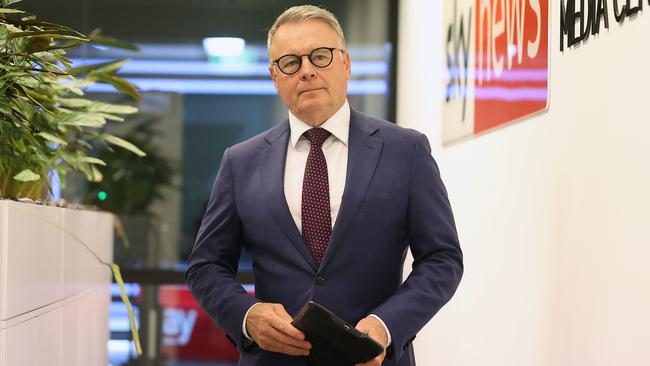
Former Labor defence minister Joel Fitzgibbon has warned of “workforce, crews and capability” challenges under the $368bn AUKUS nuclear-powered submarine deal and urged the government to accelerate the “way we acquire complex equipment”.
Mr Fitzgibbon – who led the 2009 defence white paper “Defending Australia in the Asia Pacific Century: Force 2030” under Kevin Rudd – said the “elephant in the room and possibly the biggest challenge of all” would be training up and recruiting personnel to operate three classes of submarines.
Writing in The Australian, the former Labor MP says “sustaining one class of vessels can be a challenge at the best of times; managing three at once is going to require meticulous planning and sound management”.
“High amongst the challenges will be crewing. In 2009, we wondered whether the Millennials would find the proposition sufficiently attractive. In a post-Covid world in which employment options are many and attitudes to work-life balance have changed, we now find ourselves asking the same question of Generation Z,” Mr Fitzgibbon writes.
“The navy already struggles to crew its fleet of six Collins-class submarines, each of which have a crew of 42. We are about to acquire four to five Virginia-class submarines which require a crew of 135 each.
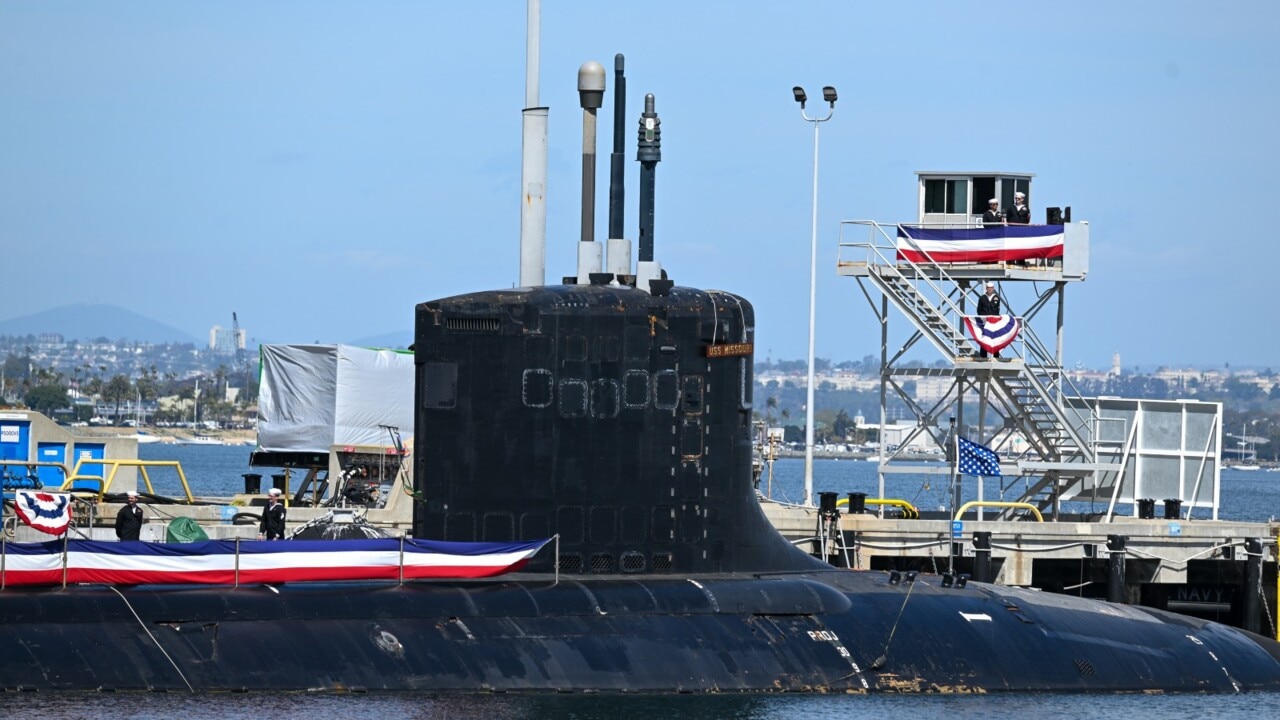
“And the nature of the work drives a large submariner turnover, 100 per cent every four to five years. You don’t need a STEM-related degree to work out that the maths look challenging at best.”
Mr Fitzgibbon says extending the life of the Collins submarines meant the Royal Australian Navy would not be able to “tap Collins submariners for the new fleet”.
The 61-year-old, who is special counsel with defence advisory firm CMAX Advisory and Australian Forest Products Association chief executive, says operating Virginia-class and future AUKUS submarines will require a “whole new set of skills”.
“Further, submariners don’t come cheap, and nor should they, given the skills they need and what we ask of them. Crewing our new fleet is going to get very expensive very quickly, given the size of the financial incentives we’ll need. So the work must begin now,” he writes. “Once the boats are operational, they will need to be armed (unless, as one Chinese diplomat is reported to have asked, the new submarines are merely for ‘sightseeing’). Our Guided Weapons and Explosive Ordnance Enterprise is a worthy endeavour but has to date produced zero armaments.”
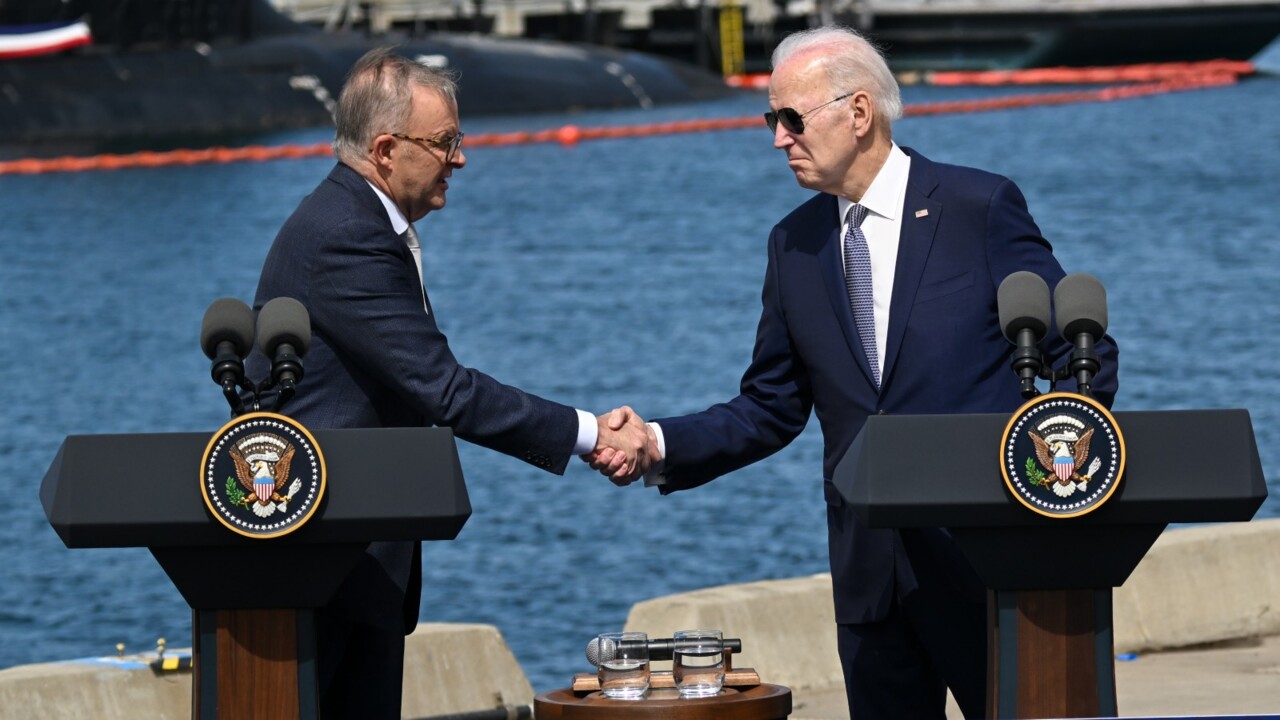
Mr Fitzgibbon welcomes the Biden administration’s announcement to sell Australia more than 200 Tomahawk cruise missiles but says long-term work must focus on pushing forward the GWEOE remit to “improve supply surety, availability and reliability of our munitions”.
“Tomahawks are complex weapons that require specialised storage facilities, detailed targeting data and ongoing sustainment,” he writes.
“We need a sovereign support system for these missiles to be an effective capability.
“Anthony Albanese, Richard Marles and others have done a great job pulling together the various threads that will deliver us the undersea capability our strategic outlook demands, but they’ll need to be clear-eyed about the challenges ahead of us in terms of workforce, crews and capability.
“The government will need to push Defence to accelerate the way we acquire complex equipment so that our fleet has the full capability it needs, when it needs it. On this front, the record is not a great one.”
More Coverage
